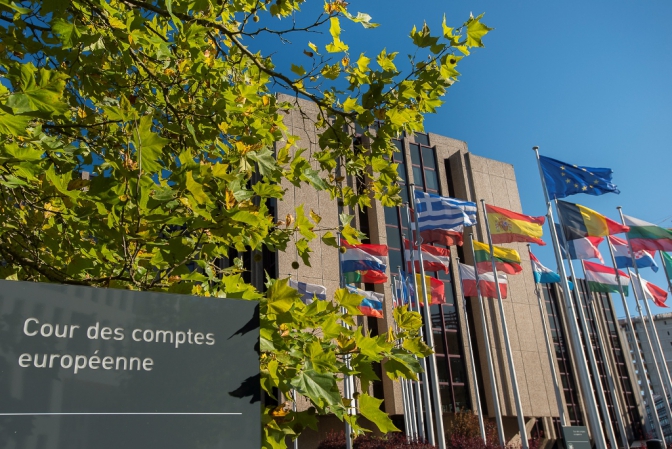Although there is a framework in place to prevent and manage conflicts of interest in EU spending, there are loopholes in promoting transparency and in detecting situations at risk according to a special audit report on Monday by the European Court of Auditors (ECA).
The report focuses on how the issue is addressed in agricultural and cohesion policies, the biggest spending areas in the EU. The two agricultural funds and three cohesion funds account for about half of all EU spending under shared management.
Under shared management, the Commission retains overall responsibility for the implementation of the budget while Member States must take effective and proportionate measures to prevent, detect and correct irregularities and national authorities are primarily responsible for identifying and addressing them at beneficiary level.
“In the light of the revised legislation and recent cases, we wanted to verify whether the European Commission and member states adequately addressed conflicts of interest in the common agricultural policy and cohesion policy,” said Pietro Russo, the Italian ECA member who led the audit.
“We found that efforts were made to address the issue, but gaps remain. The reporting of cases should be improved, to give a clear overview of the amounts affected by conflicts of interest”
The EU rules require all people involved in managing EU funds (at EU and national level) to avoid any conflict of interest arising from political or national affinity, economic interest or any other direct or indirect personal interest; when a perceived or actual conflict of interest is identified, the relevant authority must ensure that the person in question ceases all activity associated with the matter.
At national level, self-declarations are the most widely used method to prevent and manage such situations. However, declarations can prove unreliable, and cross-checking the information can sometimes be difficult because of insufficient administrative capacity, data protection rules, and general difficulties associated with achieving full transparency.
The auditors found that, in the countries they examined (Germany, Hungary, Malta and Romania), self-declarations were not mandatory for members of government involved in making decisions about EU programmes and allocating related funding, even though regulations have explicitly required this since 2018.
Declarations are widely used also at EU level, and some checks are performed, especially for sensitive functions. However, “revolving doors” (staff moving from official public roles to private-sector roles in the same area) intrinsically create a risk of conflicts of interest. This is why the auditors see a need for a more active management of such cases.
According to the auditors, national authorities place significant emphasis on detecting conflicts of interest in procurement, but do not always pay sufficient attention to certain red flags, such as the many procedures lacking proper competition.
The auditors also noted that measures for whistleblowers are not yet in place and many member states are late in transposing the rules for the protection of people who report breaches of EU law. Furthermore, there is no publicly available information about the scale of conflicts of interest in shared management of EU spending.
As recently reported, the use of self-declarations in the European Commission for assessing conflicts-of-interest situations has become an issue following the disclosure of a trip by a senior official which was paid by Qatar. The Commission announced last week that it has tightened some of its rules guiding travel missions of its staff members.
ECA told The Brussels Times that any similar case had not been spotted in its audit but underlined the unreliability of self-assessments.
A Commission spokesperson took note of ECA’s observation that there is still scope for improvement when the Commission and the Member States are addressing conflicts of interest. In its reply, the Commission listed a number of measures that already have been put in place to fill in the gaps. The Commission also accepted ECA’s recommendations without any reservations.
M. Apelblat
The Brussels Times

